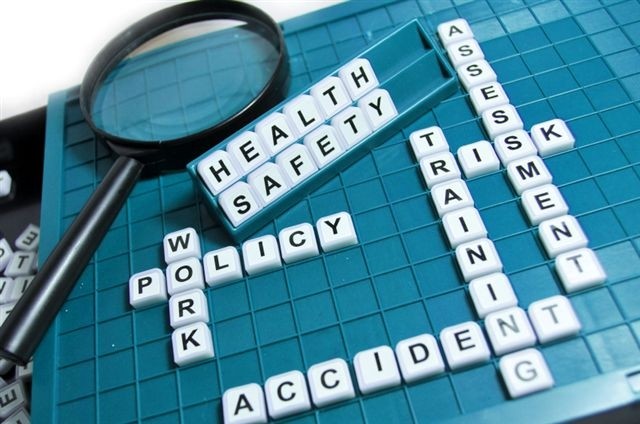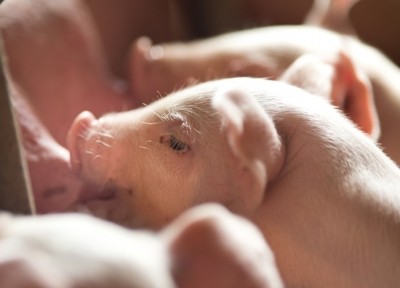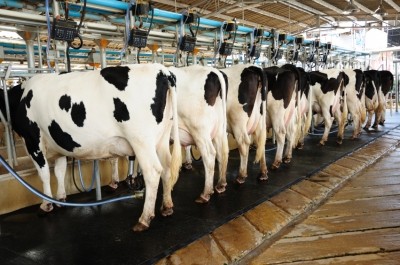Zinc and copper MPLs on EU agenda this week: FEFAC urges caution on dosage reduction

“While we acknowledge the environmental impact is an element to take into account when setting MPLs, we are concerned the margin for maneuver left by the lower MPLs recommended by EFSA is too limited to fully secure trace element requirements for farmed animals in all circumstances. The EFSA proposed MPLs for zinc in feeds have been lowered quite dramatically,” Arnaud Bouxin, deputy secretary general of FEFAC, told us.
The EU Commission’s standing committee on plants, animals, food and feed (SCoPAFF) is set to discuss the MPLs for copper and zinc at its meeting this week.
In May last year, the European Food Safety Authority (EFSA) proposed a reduction of the maximum permitted content of zinc in feed for all animal species, estimating the new proposed levels will reduce the amount of zinc in manure released in the environment by about 20%.
EFSA, in an April 2015 opinion, found the use of copper up to the present MPLs is safe for animals. The Authority, though, considered simultaneous use of copper in water should be avoided and it expressed reservations as to the safety of copper at present maximums doses for the environment.
Bouxin said FEFAC is calling for MPLs to be kept high enough to allow a sufficient margin of security to ensure all animals, whatever their physiological stage, sex and other parameters, to get what they need for optimized production from a standard compound feed.
“Likewise, consumers should be able to find the source of essential trace elements they require in animal products,” he said.
UK position echoes FEFAC stance
Some EU countries seek to lower the MPLs for trace minerals in animal feed but the UK authorities support higher levels of the additives in farmed animal diets.
The June meeting of the UK Food Standards Agency’s Advisory Committee on Animal Feedingstuffs (ACAF) noted the UK population may be under-nourished in respect of trace minerals.
Recent research shows iodine deficiency in some categories of population there.
February 2015 saw the UK abstain from the vote on the authorization of selenomethionine, which introduced a lower level of organic selenium.
However, the UK negotiated maintaining the existing MPLs for iodine-based additives in feed for ruminants and laying hens and reversed the decision to lower MPLs for pet species.












